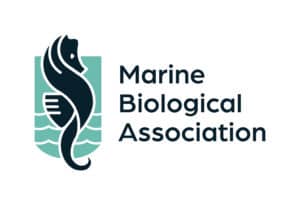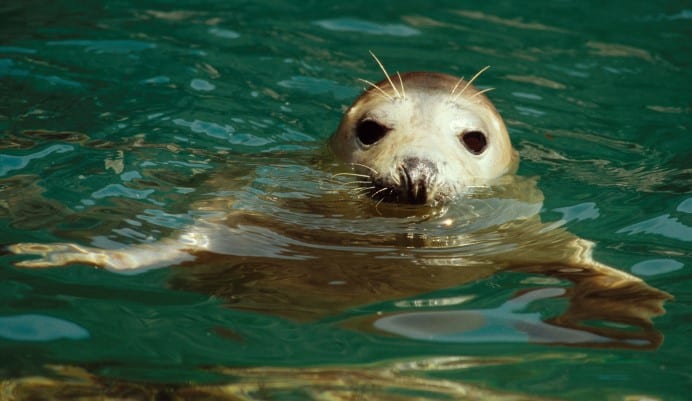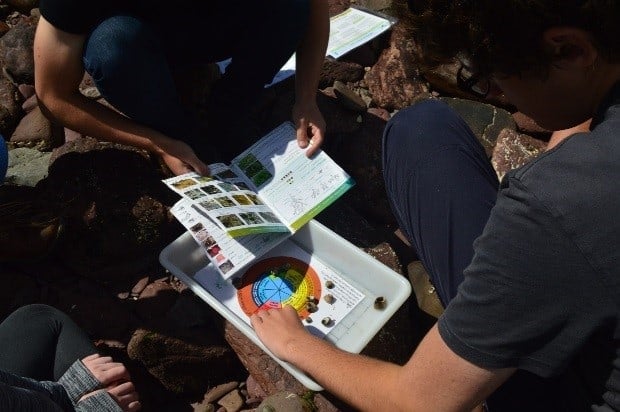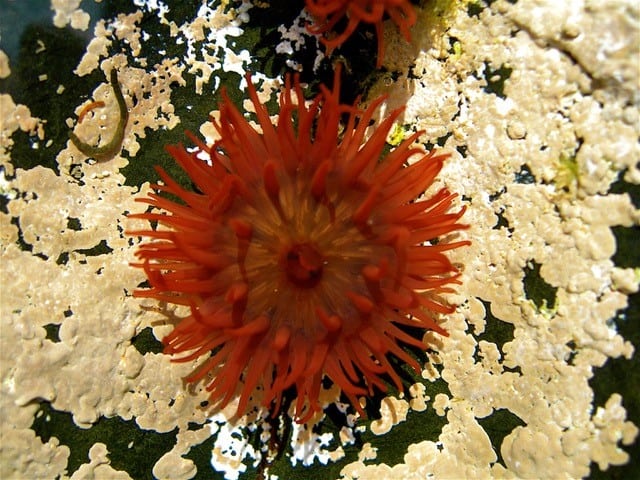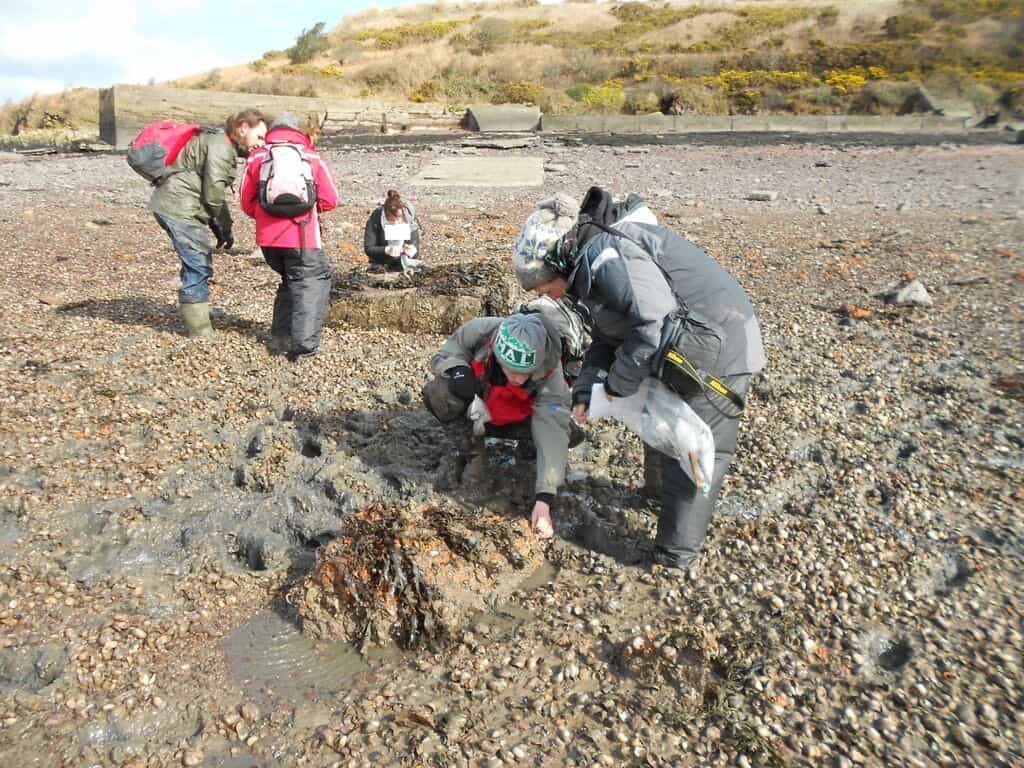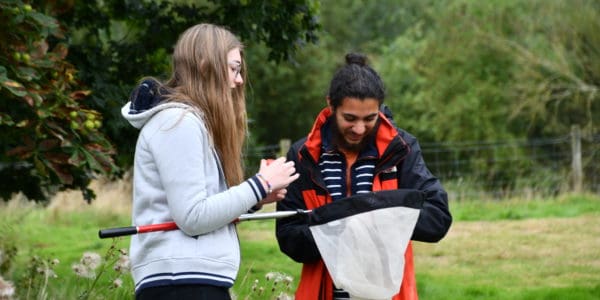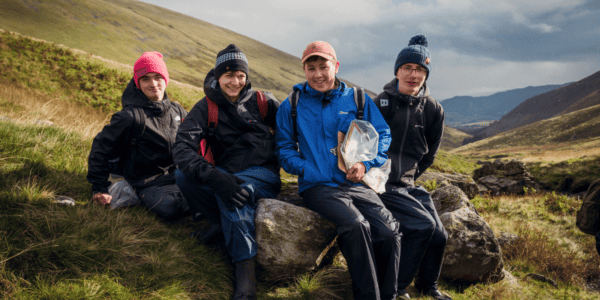This residential is for young people aged 16 – 18 years old interested in learning more about marine biology.
This marine science camp is a fantastic opportunity for those who are interested in marine science. If you’re looking to complete your gold DofE and have a passion for marine biology, read on.
Read more
This course is aimed at young people aged between 16 and 18 years old who are interested in marine biology and marine science.
From seabirds to shore crabs, this course provides an ideal way to gain skills and experience in Marine conservation, ecosystem surveys and species identification. Special talks and lectures will be given by working conservationists on their research, job roles and the marine environment.
If you are considering furthering your education in marine biology or marine science, this could be the perfect course for you to enrich your field experience and explore some of the possible career pathways.
Please take a look at the example timetables on this page as the course content will differ slightly depending on location.
Our residentials also give you the chance to develop a range of transferable skills. These types of skills help across many areas of life and are particularly good for including in job or education applications.
Here are some of the transferable skills that are likely to be covered in this residential:
- Communicating with others
- Working as a team
- Managing your time
- Reliability
- Keeping focused
The course is suitable for Duke of Edinburgh Award Gold residential. Always check with your leader before booking.
We want to ensure participants get to share in their experience with those of a similar age. Please check the age group when booking.
Please consider what age the attendee will be on the course date you choose and check they fit in the age category for that date when booking. (Please see each individual course at the bottom of this page for age ranges)
When you book, it is essential that you enter the age and attendees name in the Order Notes at the checkout. If the attendee is under 18, the booking must be made by a parent/guardian.
When attending the residential dates which welcome 16-18 year olds, all participants will be expected to follow the behaviour and conduct rules which will be in place to safeguard young people.
If these course dates do not suit you, we run similar courses at many of our other centres.
Marine Biological Association Membership
Field Studies Council has partnered with The Marine Biological Association (MBA) to offer participants attending our marine science camp at Slapton Ley or Dale Fort a free years membership to the MBA.*
The MBA is one of the world’s longest-running societies dedicated to promoting research into our oceans and the life they support. The MBA is the voice of Marine Biology and supports Marine Biologists throughout their journey, from those just starting out, to professionals and those who are leading the way forward in this dynamic field.
* All members will gain access to The Marine Biologist Magazine, have the opportunity to attend events and talks both in person and online, discounts and much more. Excludes residentials taking place at Millport Field Centre. For full details visit Our Membership | Marine Biological Association.
The category of membership will be determined by individual circumstances, existing members will get a year added to their subscription.
Explore our range of opportunities for young people. Whether you’re looking to complete your gold Duke of Edinburgh Award, or want to expand your knowledge, our experiences offer something for everyone.
Example Timetable
Example Timetable
Our Marine Science Camps take place at Dale Fort, Slapton Ley and Millport Field Centres. They vary from 5 to 6 day courses. Wildlife availability, weather, location and season can affect activities which is why these are example timetables.
Dale Fort
Day 1
Arrival by 17.30
Register and introduction to camp.
An opportunity to meet fellow participants and go through plans and objectives for the course. A short introduction to the local marine environment.
Day 2
Atlantic Grey Seals and Cetaceans - Today explore some amazing coastal sites in search of Atlantic Grey Seals and Cetaceans. Learn about the biology and ecology of these different animal groups and learn cetacean identification surveying skills.
Day 3
Plankton Sampling and Seine Netting - Plankton sampling and a microscope workshop in the lab to identify the plankton samples and learn about plankton ecology. The afternoon will be spent exploring a saltmarsh and having a go at Seine Netting, followed by a discussion on sustainable fishing.
Day 4
Rocky Shores, Beach Clean and Microplastics - A day spent studying a rocky shore ecosystem. Complete a Bioblitz and gain skills in species identification and classification. Use these skills to complete a research survey on the shore, followed by analysis and discussion of the data. During the day there will be a scheduled beach clean and collection of sediment from the strandline, using a simple experiment you will be able to identify microplastics in your sediment sample.
Day 5
Rocky Shores and Group Projects - The day will focus on the value of research and how to plan carry out practical investigations. In small groups plan and complete your own short research project on a rocky shore ecosystem. You will gain skills in project planning, reviewing scientific literature, data collection, analysis and evaluation.
Day 6
Group Presentations and Course Review - Give a short group presentation on your research project. Followed by a review of the course and a discussion on future opportunities in marine science. Depart 1500
Slapton Ley
Day 1
Arrive at 1200
Lunch, register and introduction to the centre. An opportunity to meet fellow participants and go through plans and objectives for the course. An introduction to our National Nature Reserve and the Marine Biological Association.
Day 2
Rocky Shore Ecology - A visit to a local rocky shore to survey the wide variety of marine life found in this amazing habitat. Focus on taxonomy, fieldwork, and GIS techniques.
Days 3 and 4
Plymouth - Across two days, students will experience higher education and industry-level marine science with a trip on the Marine Biological Association’s research boat, Sepia, a visit to Plymouth University, and a behind-the-scenes tour of the UK’s largest National Marine Aquarium. There will also be an opportunity for students to take part in vital citizen science schemes for marine conservation.
Day 5
Coastal walk - On the course’s final day, students will investigate Start Bay coastal system on a walk from Start Point Lighthouse. Participants will learn about oceanographic processes, local geology and coastal defences schemes in the bay to consider the importance of marine science for coastal protection.
Course ends at 3.30pm. Transport to Totnes train station is available upon request.
Millport
Day 1
Arrive 12pm
Register and introduction to camp.
An opportunity to meet fellow participants and go through plans and objectives for the course. A short introduction to the marine environment of the Firth of Clyde.
Day 2
Rocky Shores, Beach Clean and Microplastics -
A day spent studying a rocky shore ecosystem. Complete a Bioblitz and gain skills in species identification and classification. Use these skills to complete a research survey on the shore, followed by analysis and discussion of the data. During the day there will be a scheduled beach clean and collection of sediment from the strandline, using a simple experiment you will be able to identify microplastics in your sediment sample.
We expand our surveying using aquascopes and snorkelling depending on your skills and weather. A first start to work on your projects.
Day 3
Plankton Sampling - Plankton sampling and a microscope workshop in the lab to identify the plankton samples and learn about plankton ecology.
Fish dissection - We explore fish anatomy and compare diverging body plans to survive in the intertidal zone and in the open sea. We further investigate parasites which affect marine life massively.
Recreational break in the evening - After so much lab-work, we can relax at the campfire or give it a go with trying out archery!
Day 4
Marine sampling in and on the water - A day spent studying abiotic and biotic parameters from the deck of RV Actinia and by snorkelling. We analyse the samples back in our research labs an delve into the analysis.
During the boat surveys we have a chance to visit our seal colony and explore the avian fauna around Cumbrae.
Day 5
Rocky Shores and Group Projects: The day will focus on the value of research and how to plan carry out practical investigations. In small groups plan and complete your own short research project on a rocky shore ecosystem. You will gain skills in project planning, reviewing scientific literature, data collection, analysis and evaluation.
Day 6
Group Presentations and Course Review - Give a short group presentation on your research project. Followed by a review of the course and a discussion on future opportunities in marine science.
Depart 3pm
What's Included
- Expert guidance by fully trained Field Studies Council staff
- Rigorous health and safety procedures including 24-hour emergency cover
- Full board accommodation including a cooked breakfast, lunch, and an evening meal
- All activities and transport during the course
- Young Marine Biologist (YMB) or student membership of the Marine Biological Association for one year
Before You Attend
A full kit list will be sent to you prior to the course.
This residential is only open to young people who will be aged 16 - 18 years old at the time of attending.
Please consider what age the attendee will be on the course date you choose and check they fit in the age category for that date when booking. (Please see each individual course at the bottom of this page for age ranges)
When you book, it is essential that you enter the age and attendees name in the Order Notes at the checkout. If the attendee is under 18, the booking must be made by a parent/guardian.
When attending the residential dates which welcome 16-18 year olds, all participants will be expected to follow the behaviour and conduct rules which will be in place to safeguard young people.
Opportunities to attend this course
-
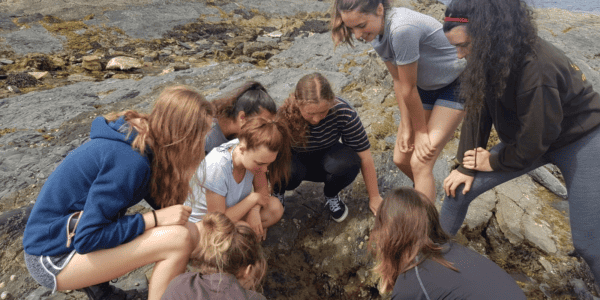
Mon 22, July 2024 12:00 - Fri 26, July 2024 15:30
The centre does offer pick up and drop off at Totnes station. Pick up is 12pm at Totnes station on arrival day, and drop off at Totnes station at 4.30pm on departure day. In addition to the course cost, this is £10.00 each way. This residential is only open to young people who will be aged 16 - 18 years old at the time of attending.
Sorry this course is out of stock
-

Mon 05, August 2024 12:00 - Fri 09, August 2024 15:30
The centre does offer pick up and drop off at Totnes station. Pick up is 12pm at Totnes station on arrival day, and drop off at Totnes station at 4.30pm on departure day. In addition to the course cost, this is £10.00 each way. This residential is only open to young people who will be aged 16 - 18 years old at the time of attending.
-

Mon 12, August 2024 12:00 - Fri 16, August 2024 15:00
This residential is only open to young people who will be aged 16 - 18 years old at the time of attending. Please note, that this course at Millport does not include MBA (Marine Biological Association) membership.
-
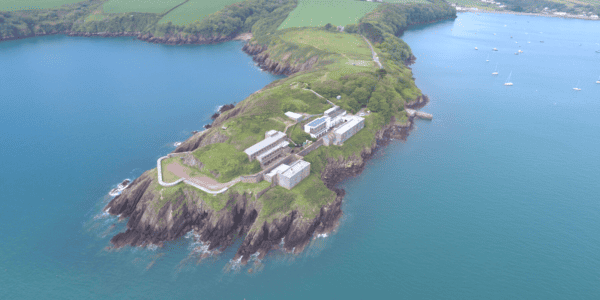
Sat 19, October 2024 16:00 - Thu 24, October 2024 12:00
Our Marine Science Camp at Dale Fort studies the marine life of the Pembrokeshire coast. The highlight of the course is the focus on Atlantic Grey Seals. This residential is only open to young people who will be aged 16 or 17 years old at the time of attending.
